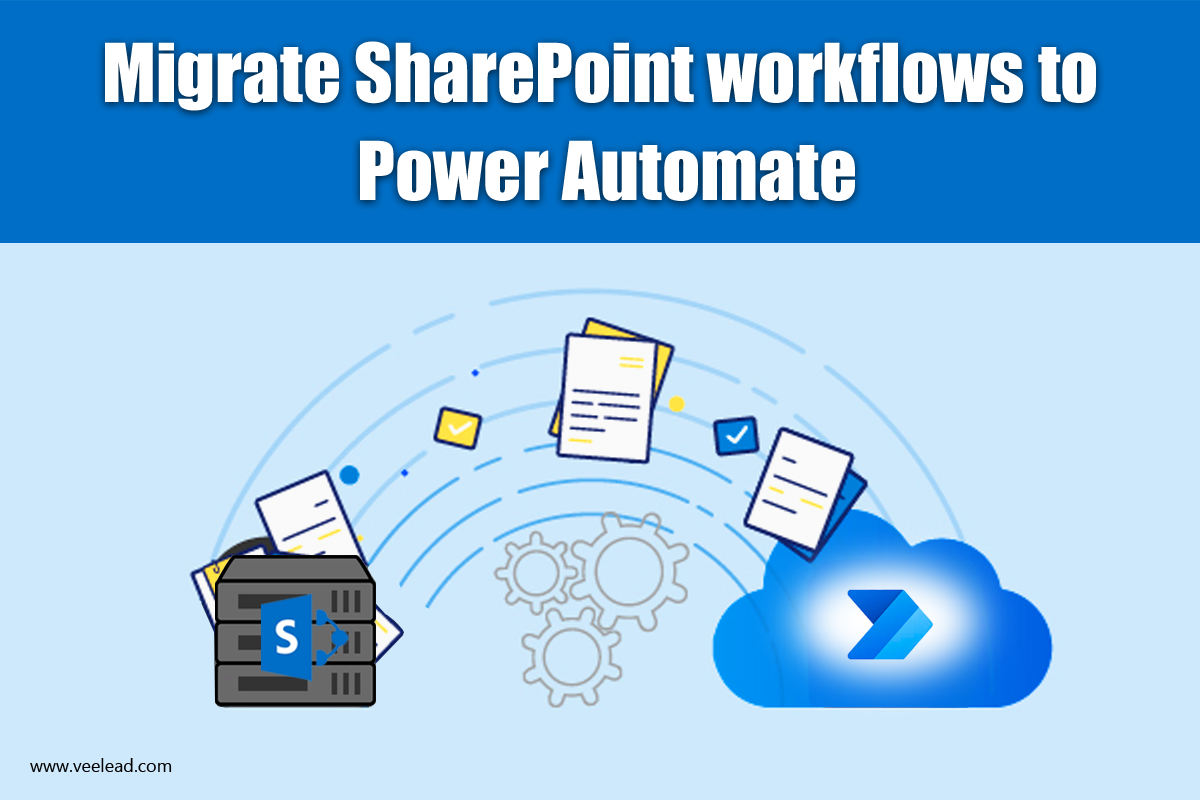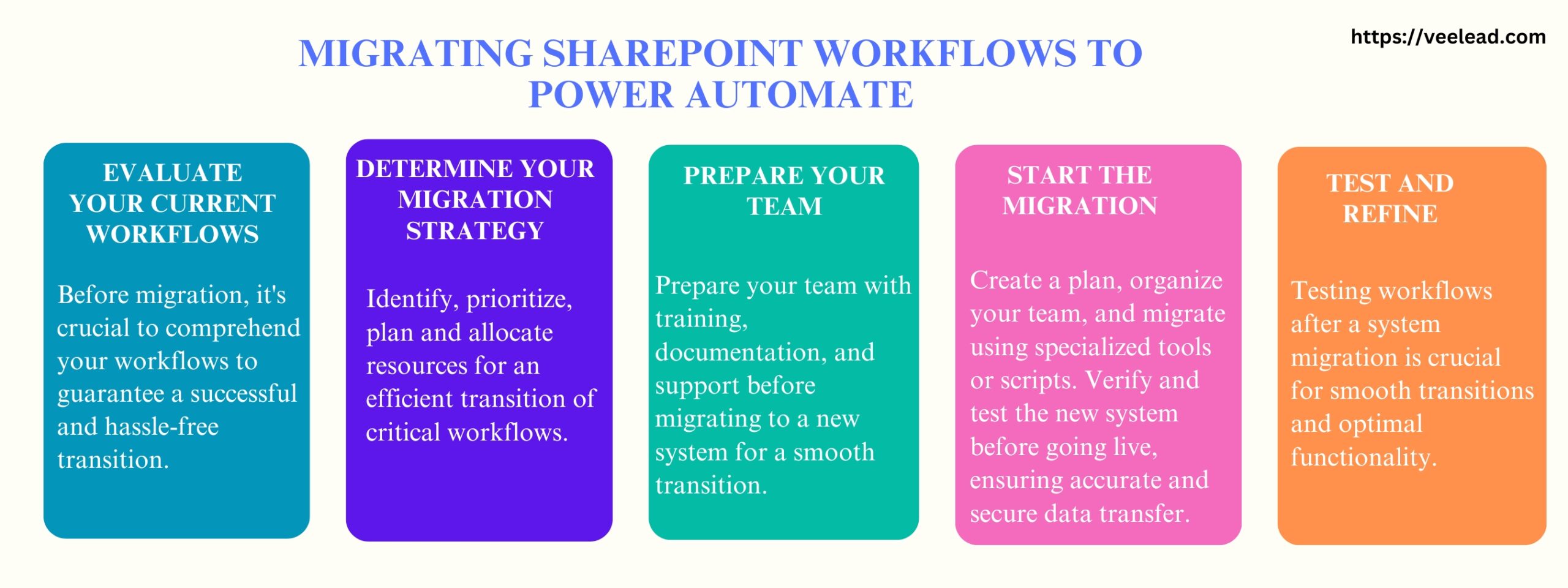

Microsoft announced the end of life for SharePoint 2013 workflows, affecting SharePoint Online users using the SharePoint 2013 workflows in their existing process automation. However, SharePoint 2013 workflows will still be supported for on-premises platforms until 2026. Organizations should plan for a smooth transition to Power Automate and evaluate their current SharePoint 2013 workflows to Microsoft Power Automate-based workflows.
A key difference between SharePoint 2013 Workflow and Power Automate Workflow
SharePoint Workflow is a more limited tool explicitly designed for use in SharePoint. When it comes to workflow automation, It’s crucial to choose the appropriate agency that caters to your specific requirements. Power Automate Workflow is a powerful and flexible option that can be used with various applications and services. Before making a decision, it’s essential to think about the scope of your project. With Power Automate, you can create multiple flows, including:
- Automated flows: It is possible to set up automation for one or multiple tasks initiated when a specific event occurs. This can eliminate the need for manually executing tasks, saving time and effort.
- Button flows: Power Automate is a cloud-based platform streamlining daily operations and automating tasks, saving time and effort. It integrates with your favourite apps and services for flexibility and convenience. It’s essential for businesses and individuals.
- Scheduled flows: Assessing your processes can boost productivity and simplify workflows, freeing up time for other tasks.
- Business process flows: Clear and organized guidelines are essential for helping users achieve their goals. Detailed instructions provide clarity and boost confidence, improving the overall experience.
- UI flows: Our software automates manual steps on legacy software, increasing efficiency and reducing errors.
Why do you want to migrate workflows from SharePoint to Microsoft Power Automate?
Microsoft Power Automate streamlines workflow processes and boosts productivity by automating actions across multiple applications and services. Its advanced capabilities save valuable time and resources for organizations considering migration to the platform.
- Automation Needs: Microsoft Power Automate streamlines business processes and reduces manual work through task automation.
- Integration Requirements: Power Automate integrates apps, services, and data sources for workflow automation.
- Improved Productivity: Saving time, increasing productivity, and completing tasks faster are benefits of automating tasks and workflows.
- Workflow Flexibility: With Power Automate, even employees with different technical skills can easily create and manage workflows using a simple interface.
- Templates and Pre-Built Solutions: Power Automate offers ready-made solutions and templates for everyday automation situations, allowing users to start their projects promptly.
- Reporting and Analytics: Power Automate’s reporting and analytics track workflow performance and identify bottlenecks for process improvement.
- Security and Compliance: Power Automate is a secure and compliant choice for organizations with strict data security needs.
Migrating SharePoint Workflows To Power Automate
When moving from SharePoint workflows to Power Automate, follow a step-by-step guide for a smooth transition. Necessary steps to consider include:
Following these steps ensures a smooth and successful transition from SharePoint workflows to Power Automate.
Conclusion
Upgrade your workflow orchestration with Power Automate. Veelead team can help you seamlessly migrate from SharePoint 2013 workflows to Power Automate and provide a customized solution that meets your needs. Improve your productivity and efficiency by contacting us today.


